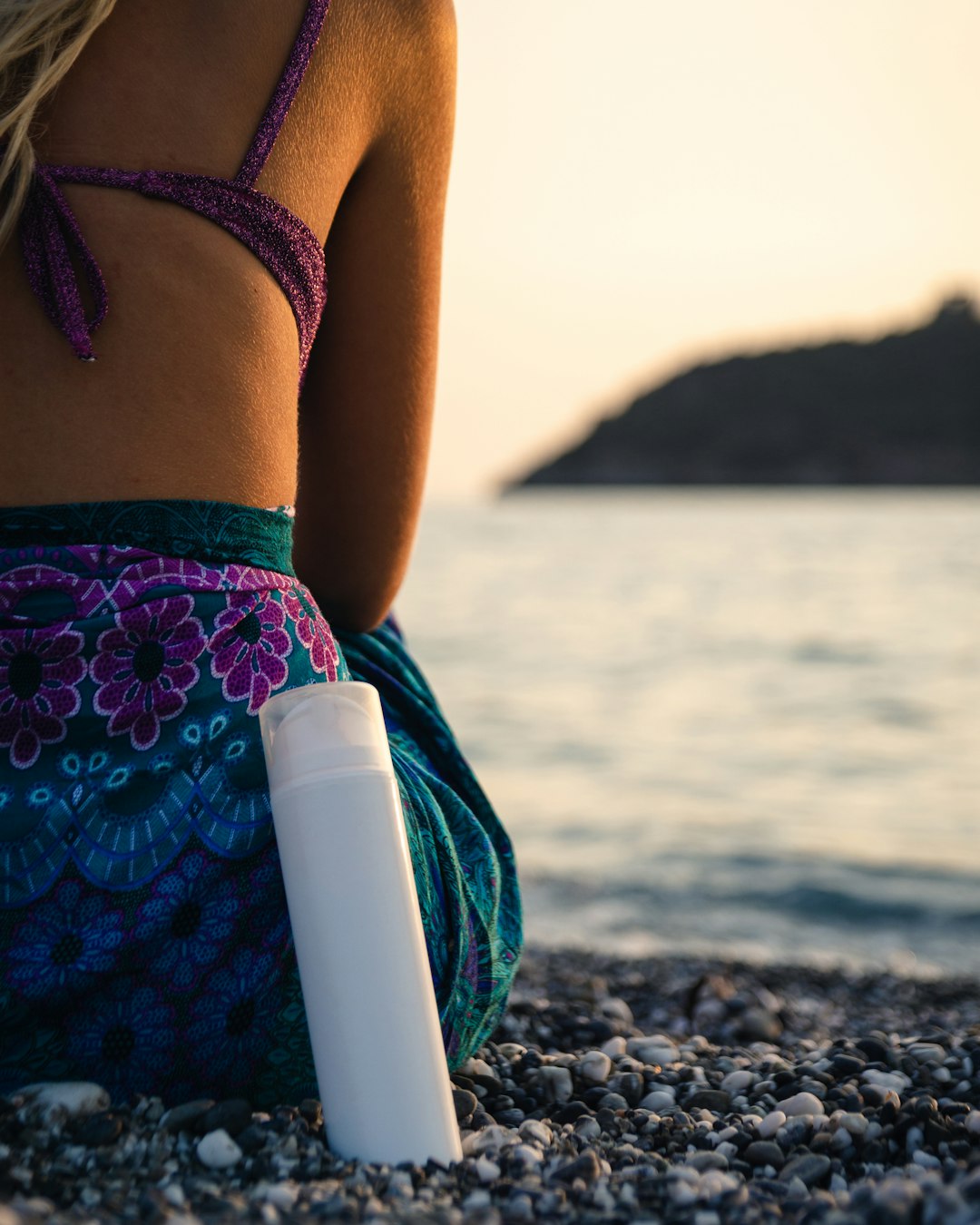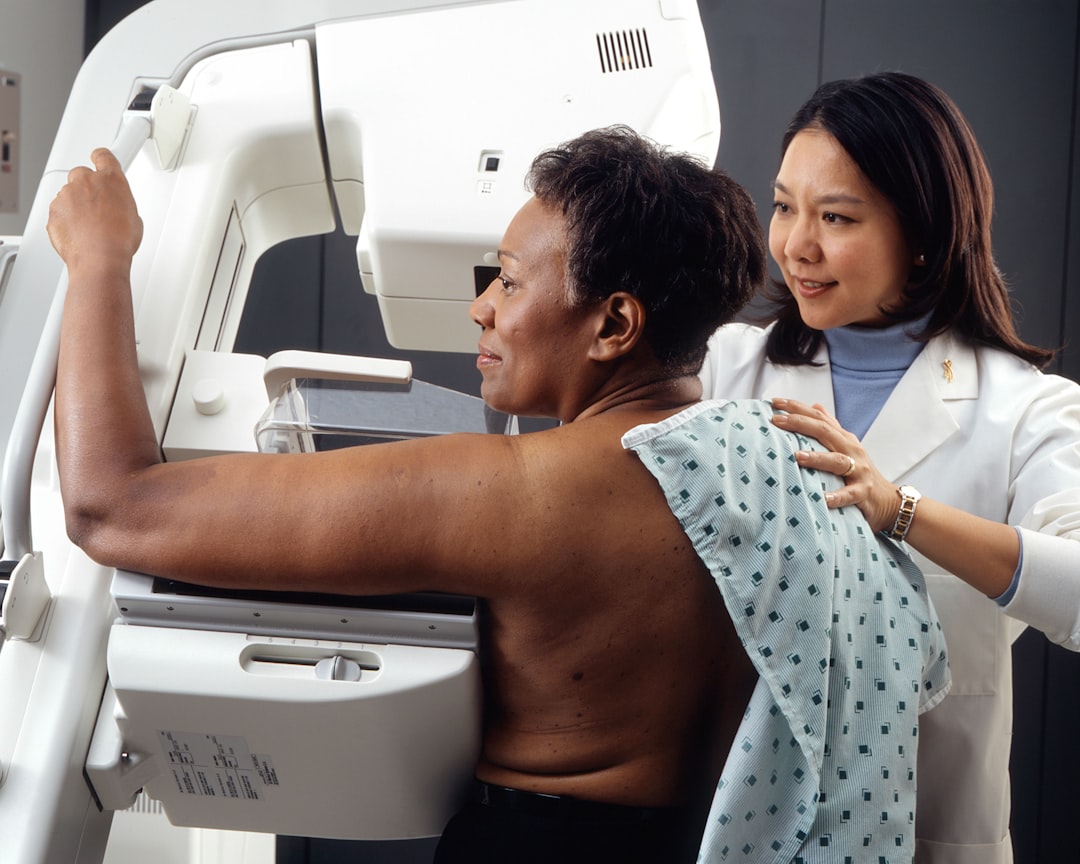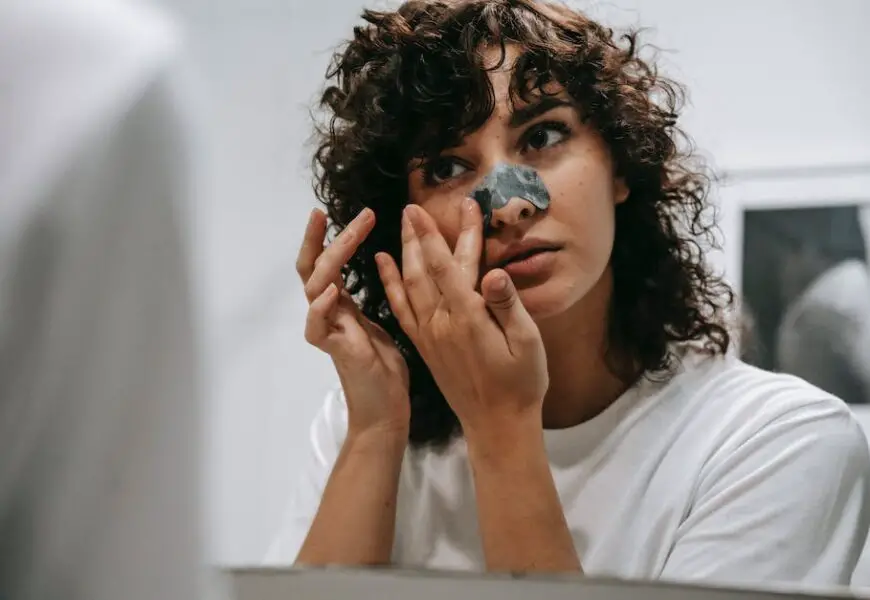Steroid creams are commonly prescribed for various skin conditions, such as eczema, psoriasis, and dermatitis. While these creams can provide relief from symptoms, they can also have negative effects on the skin. Many people wonder if their skin can recover from the use of steroid creams and if there are ways to repair and rejuvenate the skin. In this article, we will explore the effects of steroid creams on the skin and discuss ways to promote skin recovery and repair.
The Effects of Steroid Creams on the Skin
Steroid creams contain corticosteroids, which are synthetic versions of the hormone cortisol. These creams work by reducing inflammation and suppressing the immune system, which can provide relief from itching, redness, and swelling. However, prolonged use of steroid creams can have negative effects on the skin.
Thinning of the Skin
One of the most common side effects of steroid creams is thinning of the skin. This occurs because the steroids in the cream can inhibit the production of collagen, a protein that gives skin its strength and elasticity. As a result, the skin becomes thinner and more fragile, making it more prone to bruising, tearing, and other injuries.
Discoloration
Steroid creams can also cause changes in skin pigmentation, leading to discoloration. This can manifest as darkening or lightening of the skin, which can be permanent in some cases. Discoloration is more common in areas where the skin is thinner, such as the face, neck, and armpits.
Stretch Marks
Prolonged use of steroid creams can also lead to the development of stretch marks. These are caused by the thinning of the skin and can appear as red or purple streaks. Stretch marks are more likely to occur in areas where the skin is stretched, such as the abdomen, thighs, and breasts.
Skin Irritation

by Adrian Swancar (https://unsplash.com/@a_d_s_w)
Steroid creams can also cause skin irritation, especially if used for an extended period. This can manifest as redness, burning, stinging, and itching. In some cases, the skin may become more sensitive and react to other products or environmental factors.
Promoting Skin Recovery and Repair
If you have been using steroid creams and are concerned about the effects on your skin, there are steps you can take to promote skin recovery and repair. Here are some tips to help your skin bounce back from the use of steroid creams.
Consult with a Dermatologist
If you are experiencing negative effects from the use of steroid creams, it is essential to consult with a dermatologist. They can assess the condition of your skin and provide recommendations for treatment and care. They may also prescribe alternative treatments for your skin condition that do not involve the use of steroids.
Gradually Reduce Use of Steroid Creams

by Antonio Gabola (https://unsplash.com/@antogabb)
Abruptly stopping the use of steroid creams can cause a rebound effect, where the skin condition worsens. It is essential to gradually reduce the use of steroid creams to avoid this. Your dermatologist can provide guidance on how to taper off the use of these creams safely.
Use Moisturizers
Steroid creams can dry out the skin, so it is crucial to use moisturizers to keep the skin hydrated. Look for moisturizers that are free of fragrances and other potential irritants. Apply moisturizer at least twice a day, and more frequently if needed.
Protect Your Skin from the Sun
Steroid creams can make the skin more sensitive to the sun, so it is essential to protect your skin when going outside. Use sunscreen with an SPF of at least 30 and wear protective clothing, such as hats and long sleeves.
Consider Natural Remedies
There are several natural remedies that can help promote skin recovery and repair. These include:
- Aloe vera: This plant has anti-inflammatory properties and can help soothe and heal the skin.
- Coconut oil: This oil is rich in fatty acids and can help moisturize and protect the skin.
- Oatmeal: Oatmeal has anti-inflammatory properties and can help relieve itching and irritation.
- Honey: Honey has antibacterial properties and can help promote wound healing.
Seek Professional Treatments

by National Cancer Institute (https://unsplash.com/@nci)
If your skin has been significantly affected by the use of steroid creams, you may want to consider professional treatments to promote skin recovery and repair. These may include:
- Chemical peels: These treatments use acids to remove the top layer of skin, promoting the growth of new, healthy skin.
- Laser therapy: This treatment uses focused light to target specific areas of the skin and promote healing.
- Microneedling: This treatment involves using tiny needles to create micro-injuries in the skin, stimulating collagen production and promoting skin rejuvenation.
Preventing Negative Effects of Steroid Creams
While it is possible to promote skin recovery and repair after using steroid creams, it is best to prevent negative effects in the first place. Here are some tips to help prevent the negative effects of steroid creams on the skin.
Use Steroid Creams as Directed
Steroid creams should only be used as directed by a doctor. Do not use more than the recommended amount or for longer than prescribed. This can increase the risk of negative effects on the skin.
Use the Lowest Potency Cream Possible

by Lilli P. (https://unsplash.com/@lillianette)
Steroid creams come in different potencies, and it is essential to use the lowest potency cream that is effective for your skin condition. This can help reduce the risk of negative effects on the skin.
Take Breaks from Steroid Creams
It is essential to take breaks from using steroid creams, especially if you have been using them for an extended period. This can help prevent the skin from becoming too thin and fragile.
Use Alternative Treatments
There are alternative treatments available for many skin conditions that do not involve the use of steroid creams. Talk to your doctor about these options and see if they may be suitable for you.
Conclusion
Steroid creams can provide relief from symptoms of various skin conditions, but they can also have negative effects on the skin. If you have been using steroid creams and are concerned about the effects on your skin, consult with a dermatologist and take steps to promote skin recovery and repair. By following these tips, you can help your skin bounce back and maintain its health and vitality.










